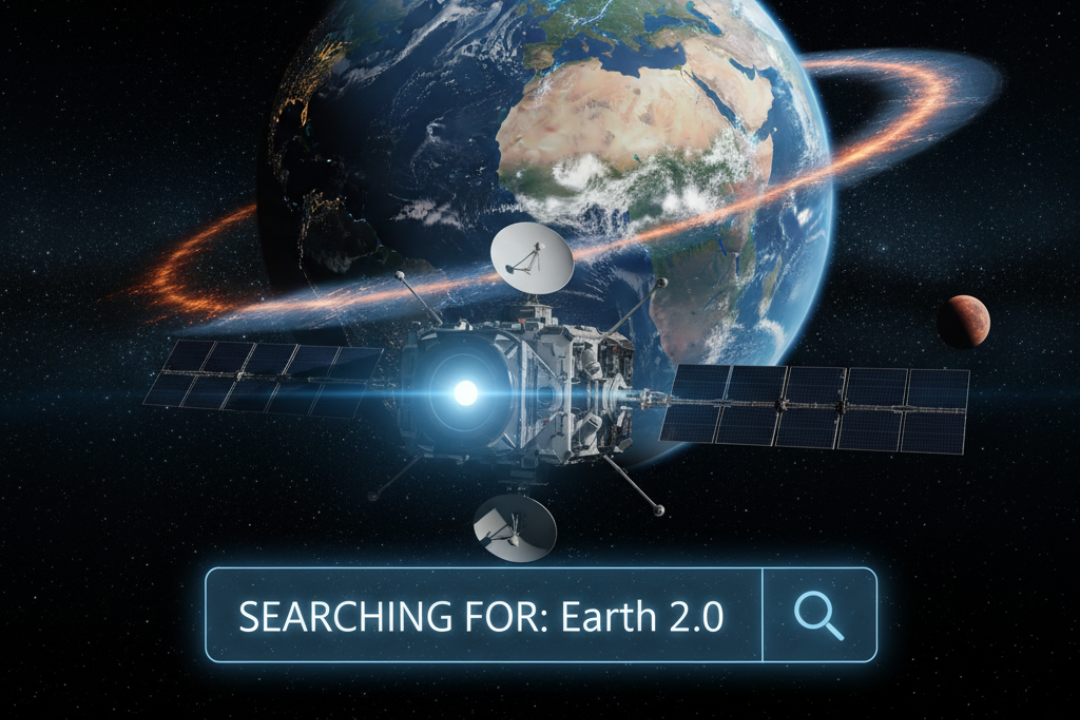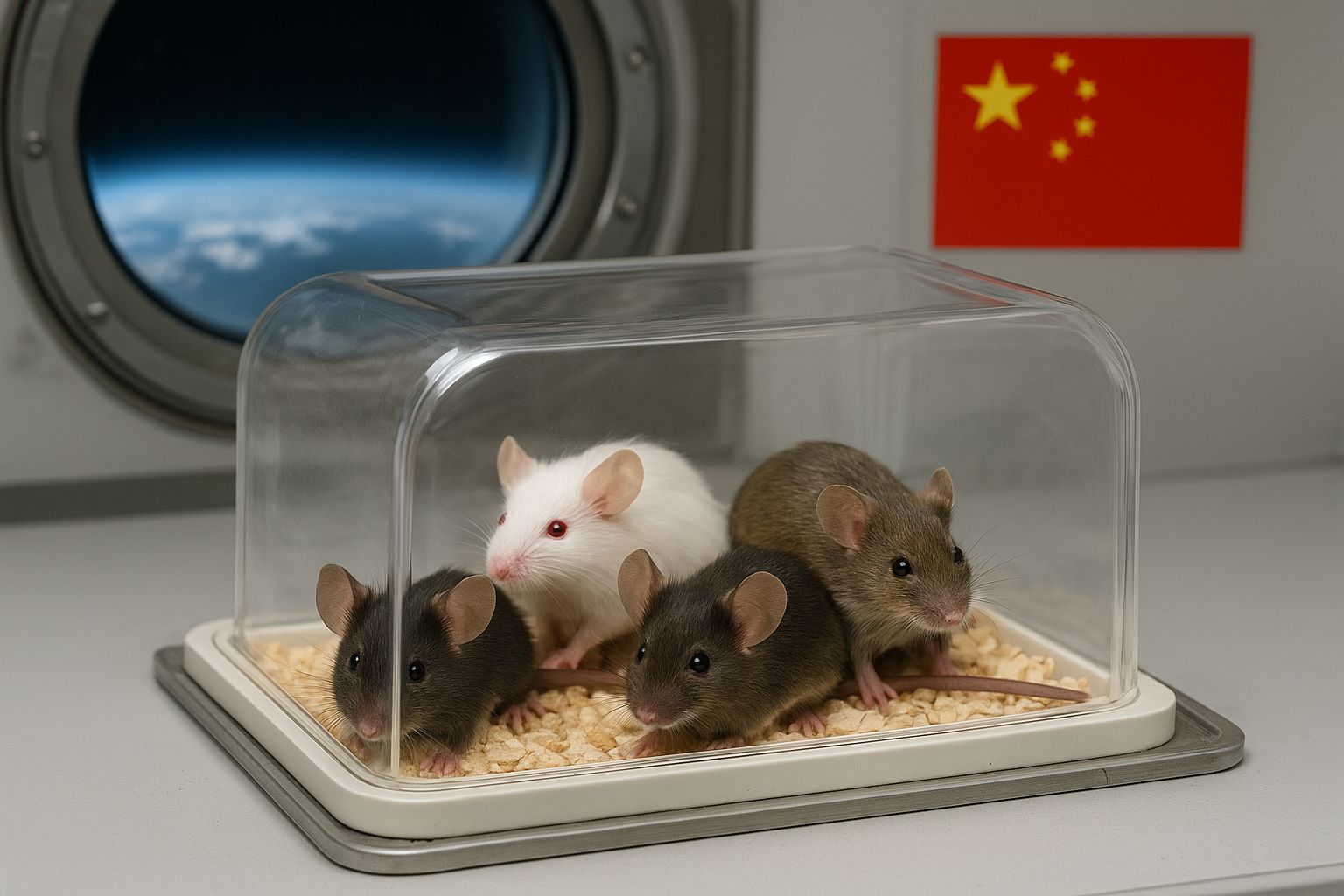Quietly observing Jeff Bezos’ latest Blue Origin launch from afar yesterday were a whole host of Chinese companies. As the country’s private space industry expands, and the likes of Bezos and Elon Musk continue to play rockets, an increasing number of firms are jostling for the mantle of “China’s Blue Origin” or “China’s SpaceX”.
China’s moves in space exploration have been dominated by the State since the launch of the country’s first manned space flight in 2003, but in recent years more independent actors have come into play. In late May, Beijing-based OneSpace won the race to become the first private Chinese company to successfully launch a rocket, sending their OS-X to a reported altitude of 24 miles; next year, the company plans to make 10 launches.
And they’re not the only ones. The government’s stance on private space exploration was unclear until as recently as 2014 when the China State Council formally announced that it was to “encourage private capital’s participation in China’s construction of civilian space infrastructure”, but since that declaration a whole host of commercial aerospace companies have opened in the country.
LinkSpace, which was founded shortly after the State Council’s announcement, claims to be China’s earliest private rocket company. “Before starting our own business, we set a goal with some signposts; one pointing to Beijing, one pointing to Shanghai, and the other pointing to space,” LinkSpace CTO Chu Longfei told Hangzhou “unconference” 2050 back in May. “I didn’t expect that China’s commercial spaceflight sector would develop from just our company to having so many enterprises across the country.”
In 2017, LinkSpace successfully completed a vertical take-off and vertical landing rocket test, and Chu told 2050 that reusable rockets were an “inevitable future trend” and at the core of LinkSpace’s model. “Through technological improvements, we will reduce the launch cost constantly and we hope to have high-frequency large-scale launches in the future,” he said. The company plans to have a line of commercial rockets in operation by 2020.
Chu noted others’ ambitions for “building a hotel in space”, “mining on asteroids”, and of “living on a planet other than earth”, but cautioned that he did not envisage such goals being achieved in the near future. He does, however, “firmly believe that human civilization will develop to such a stage one day.”
Although as Chu points out, “China’s commercial aerospace is still in its early stages”, government-back entities have been getting excited about “space tourism” too. Last month, State newspaper China Daily detailed plans for the China Academy of Launch Vehicle Technology in Beijing to become “China’s first space tourism provider”, noting that,
Engineers at the academy in Beijing’s southern outskirts are designing a new spacecraft to send anyone willing to pay $200,000 to $250,000 on a suborbital journey to get a magnificent view of the stars and experience weightlessness, according to the academy, part of China Aerospace Science and Technology Corp and the country’s largest rocket maker.
The CAST Corp also offered up some less-than-congratulatory comments when jianbing fan Elon Musk launched his Falcon Heavy rocket, incidentally:
 SpaceX Falcon Heavy Launch Met in China With Cheers, Ads, Defensive PosturingArticle Feb 08, 2018
SpaceX Falcon Heavy Launch Met in China With Cheers, Ads, Defensive PosturingArticle Feb 08, 2018
While the likes of SpaceX, Virgin Galactic, and Blue Origin continue to grab headlines in the West, private companies such as LinkSpace are making significant small steps in their development, which could lead to giant leaps as China’s ambitious aims to expand its influence in space take shape.
—
Additional reporting by Carol Zhu and Sebastian Lau. Cover photo: LinkSpace
You might also like:
 “The World Has Never Seen Human Energy and Vigor at Such Scale” – Elon Musk in ChinaArticle Jul 13, 2018
“The World Has Never Seen Human Energy and Vigor at Such Scale” – Elon Musk in ChinaArticle Jul 13, 2018
 Digital Deities and Galactic Guardians – How China is Invoking Ancient Gods in Cutting Edge TechArticle Jun 07, 2018
Digital Deities and Galactic Guardians – How China is Invoking Ancient Gods in Cutting Edge TechArticle Jun 07, 2018
 You Can Livestream the Last Moments of China’s Out of Control Space StationArticle Mar 28, 2018
You Can Livestream the Last Moments of China’s Out of Control Space StationArticle Mar 28, 2018



















